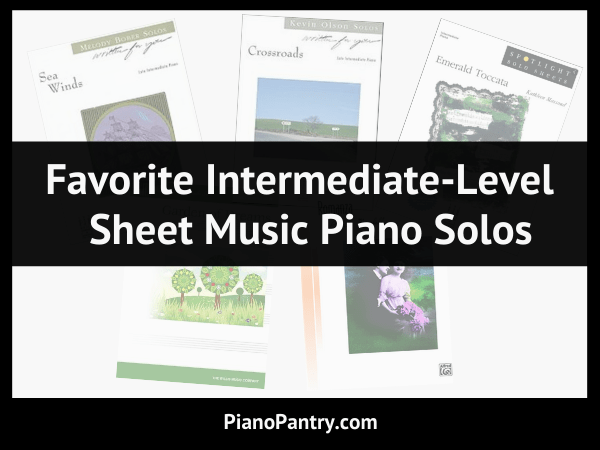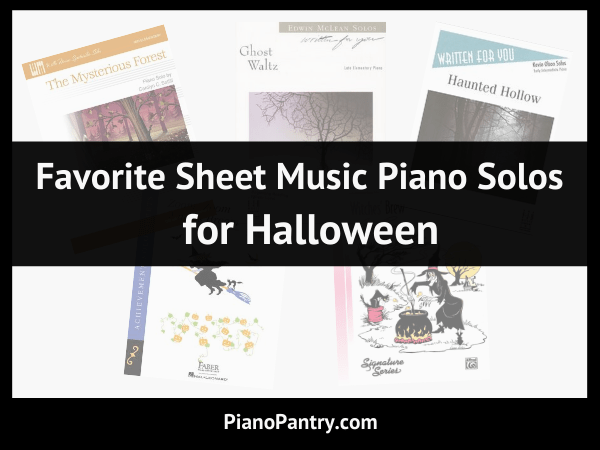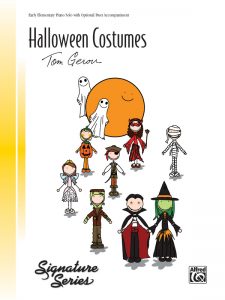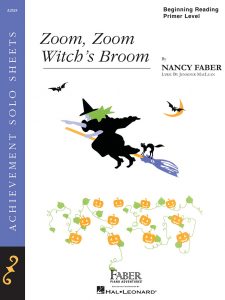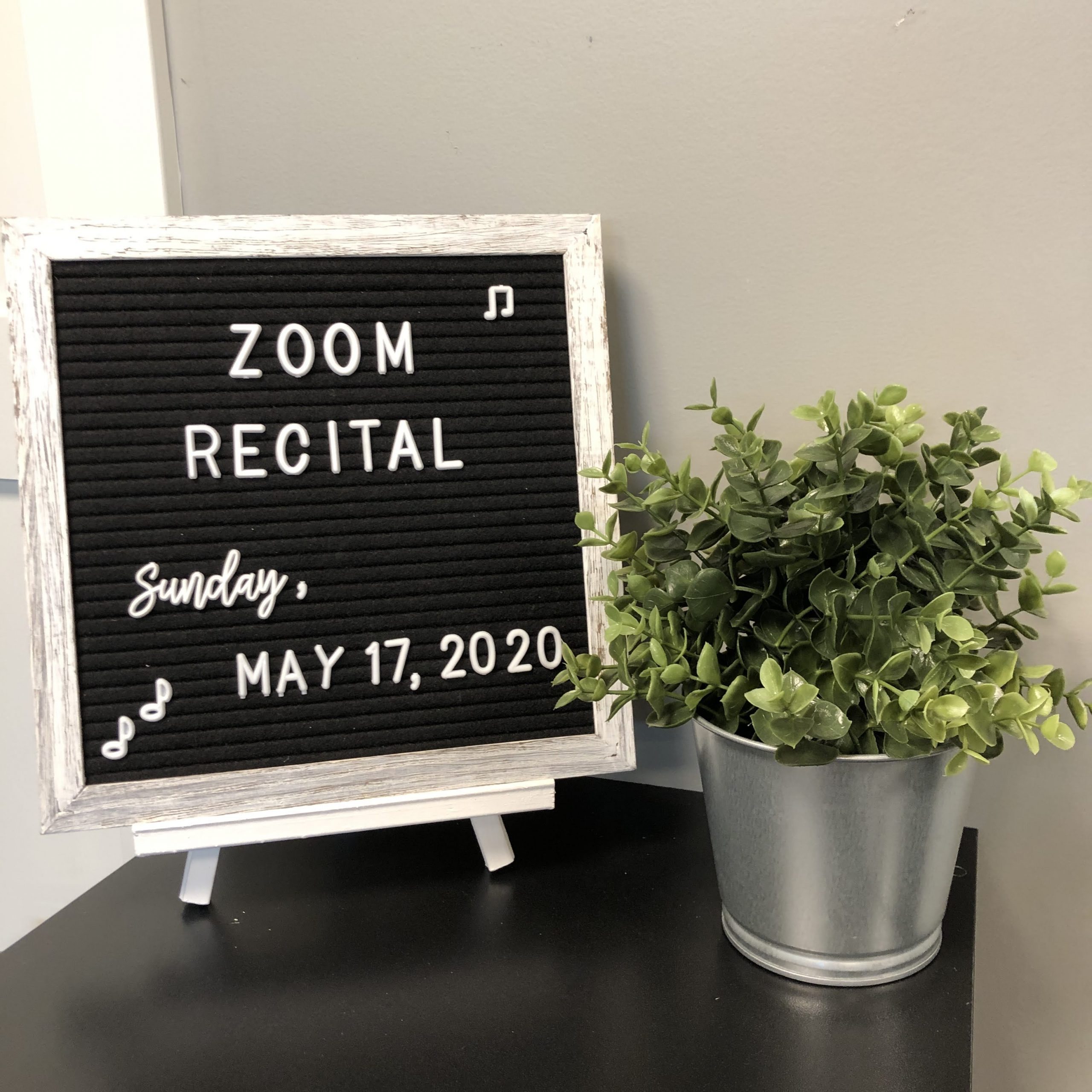![]()
1
Summer is a wonderful time to do something especially creative for your student’s performance. A few things I’ve done in the past:
Theme: “Songs We Know” (I actually didn’t do this in the summer but it would be a fun theme for the warm months!)
2
44 Recital Themes Everyone Will Love (Wendy Stevens | Compose Crate)
3
Pieces that Boost Confidence (Lauren Lewandowski | Piano with Lauren)
Lauren is always a great resource for great repertoire finds!
4
There’s a good chance with Summer being busy for many people and kids being out and about, preparation for a Summer recital may not happen as easily for all. Rosemarie over at the Unfinished Lesson has some tips for us:
Help! My Student Doesn’t Have Their Recital Song Mastered
5
If your studio is still online, consider doing something unique such as digital performance rooms. Here’s more from LouAnn Pope:
A Glimpse into My Performance Room
6
A Look Back on my First Backyard Recital (Leila Viss)
7
How to Host an Outdoor Summer Piano Party (Melissa Quilitzsch | Colourful Keys)
8
Anyone else have students who love playing Billie Joel? One summer, one of my students requested “Rocket Man” and I must say, it was an excellent lesson in syncopation!
9
Piano Recital Showcase – Summertime Fun: 12 Favorite Pieces Carefully Selected for Elementary Level (Hal Leonard)
10
A rundown of repertoire that would be fun for students in the Summer as well as lists of some of my favorite individual sheet music solos
Friday Finds #218 Summer Repertoire
Favorite Elementary-Level Sheet Music Solos
Favorite Intermediate-Level Sheet Music Solos
11
Wendy Stevens once again has put together a lovely Summer-themed recital program template package.
Subscribe to the Piano Pantry email list to keep up to date!
You’ll get my once-a-month “Secret Letter” which includes what’s been going on in my studio that month, books I’m reading, and more. You will also have the option to have new posts delivered to your inbox weekly.

